Every child is unique. Some are outgoing and social, while others are quiet observers. As parents, we celebrate these differences—but sometimes, we also worry. Is my child just naturally reserved, or could there be something more?
At Bloom ABA Center, we often meet families who say:
“I thought they were just shy… until I realized they weren’t connecting like other kids.”
Knowing what to look for—and understanding what’s typical versus what may be a sign of a developmental delay—can help you act early. And that can make all the difference.
Shyness vs. Social Key Differences
Shyness is a personality trait. It often appears as a child being slow to warm up in unfamiliar situations or with new people. Shy children may cling to a parent in social settings or take time before engaging in play. However, they typically form connections, seek attention from caregivers, and show interest in others once they feel safe.
Social delays, on the other hand, may not simply be about unfamiliarity—they often reflect challenges in how a child understands and responds to the social world around them.
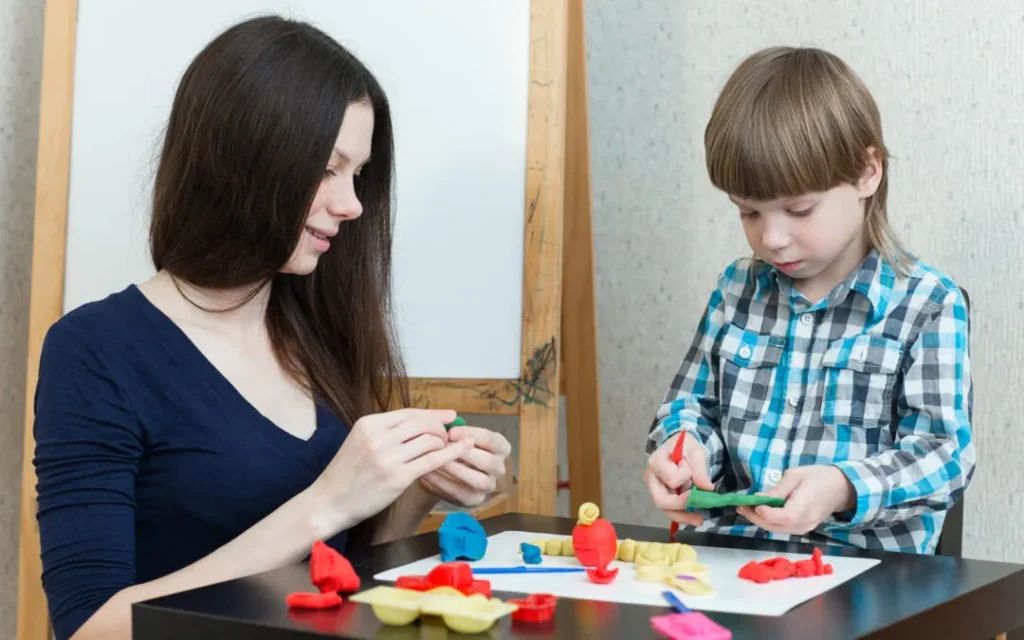
Top Signs of Social Communication Delays
- Limited or no eye contact (CDC, 2022)
- Not responding when their name is called (Dawson et al., 2010)
- Lack of interest in playing with peers
- No pointing to share attention (e.g., not showing you something they like)
- Difficulty reading emotions (smiles, frowns, excitement)
- Lack of back-and-forth communication, even without words
Sometimes, a child may appear quiet—but these behaviors can signal differences in social communication, a core developmental area that can be impacted by autism or other challenges.
Why Early Detection of Social Delays Matters
One of the most important things we tell parents is this: you don’t need to wait for a diagnosis to ask questions.
Research shows that the brain is most adaptable and responsive to learning during the early years of life—especially before age five. During this window, targeted therapy can lay a strong foundation for social engagement, communication, and emotional understanding (Dawson et al., 2010).
Starting early means:
- Teaching key skills before gaps widen
- Reducing the chances of frustration-related behaviors
- Giving parents tools and confidence to support growth at home
- Creating positive social experiences that boost self-esteem
And remember: early action doesn’t mean something is “wrong.” It means you’re giving your child more support—so they can thrive in their own way.
Early detection doesn’t just help the child—it also empowers the entire family. With early intervention, parents receive guidance, reassurance, and practical tools to support their child’s growth. Instead of guessing or feeling overwhelmed, you’ll gain clarity and a roadmap tailored to your child’s strengths and challenges.
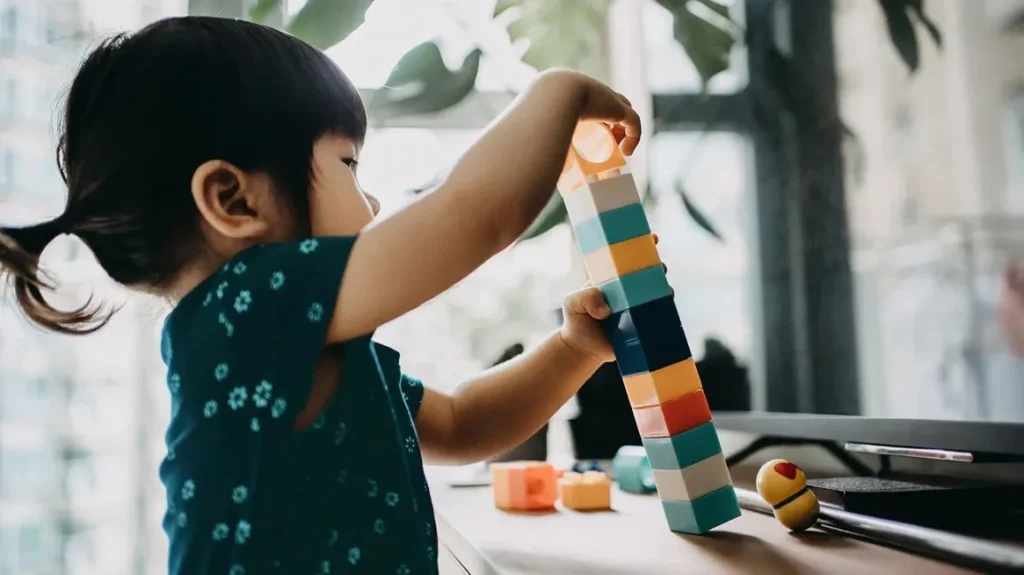
How ABA Can Support Social Growth
At Bloom ABA Center, we use Applied Behavior Analysis ABA therapy strategies to build foundational social skills—always tailored to each child’s learning style and comfort level.
We focus on:
- Joint attention (sharing interest in a toy or activity)
- Eye contact and facial recognition
- Social play skills (parallel play, cooperative play)
- Emotional expression and recognition
- Taking turns, listening, and responding
- Initiating interaction with adults and peers
Our sessions are hands-on, engaging, and designed to feel like play—not pressure. Whether we’re building a tower together or reading a story side-by-side, every moment is guided by clinical goals, real data, and child-led interaction.
We often hear from parents:
“I didn’t realize those small moments—like playing peekaboo or rolling a ball—were actually therapy.”
That’s the magic of modern ABA: making progress feel natural.
Home vs. Center: Real-Life Learning
Bloom offers in-home ABA therapy, where learning takes place in the child’s familiar environment—during snack time, during bath routines, or while playing with siblings. This can be especially helpful for shy or anxious children.
We’re also launching our center-based program, where children can learn to engage in new environments, meet peers, and prepare for preschool or school settings. Whether home-based or center-based, our goal is the same: create safe, supportive social opportunities that help children connect more confidently with the world around them.
Supporting Your Child: Next Steps in ABA Evaluation
If you’ve ever asked yourself, “Is my child just shy?”—you’re not alone. And you don’t need to figure it out alone, either.
We’re here to help you observe, understand, and support your child’s social development in a way that feels informed, gentle, and empowering.
Bloom ABA Center offers both in-home and center-based ABA therapy designed to meet each child’s needs in the environment where they learn best. We proudly serve families with no waitlists, accept most Medicaid plans, and provide care supervised by BCBAs with 15+ years of experience. Whether your child is just beginning services or transitioning from another provider, we make starting therapy simple, supportive, and accessible.
Contact Bloom ABA Center for a free consultation. We’ll help you explore your child’s social behaviors and walk you through the next steps—whether that means observation, parent coaching, or starting a therapy plan.
Bloom ABA Center – In-Home and Center-Based ABA Therapy in Fairfax, VA and Northern Virginia
Disclaimer: This article is for informational purposes only and does not constitute medical, diagnostic, or legal advice. Please consult with licensed professionals for personalized recommendations.
References
Centers for Disease Control and Prevention. (2022). Signs and symptoms of autism spectrum disorder. https://www.cdc.gov/ncbddd/autism/signs.htmlDawson, G., Rogers, S., Munson, J., Smith, M., Winter, J., Greenson, J., … & Varley, J. (2010). Randomized, controlled trial of an intervention for toddlers with autism: the Early Start Denver Model. Pediatrics, 125(1), e17-e23.

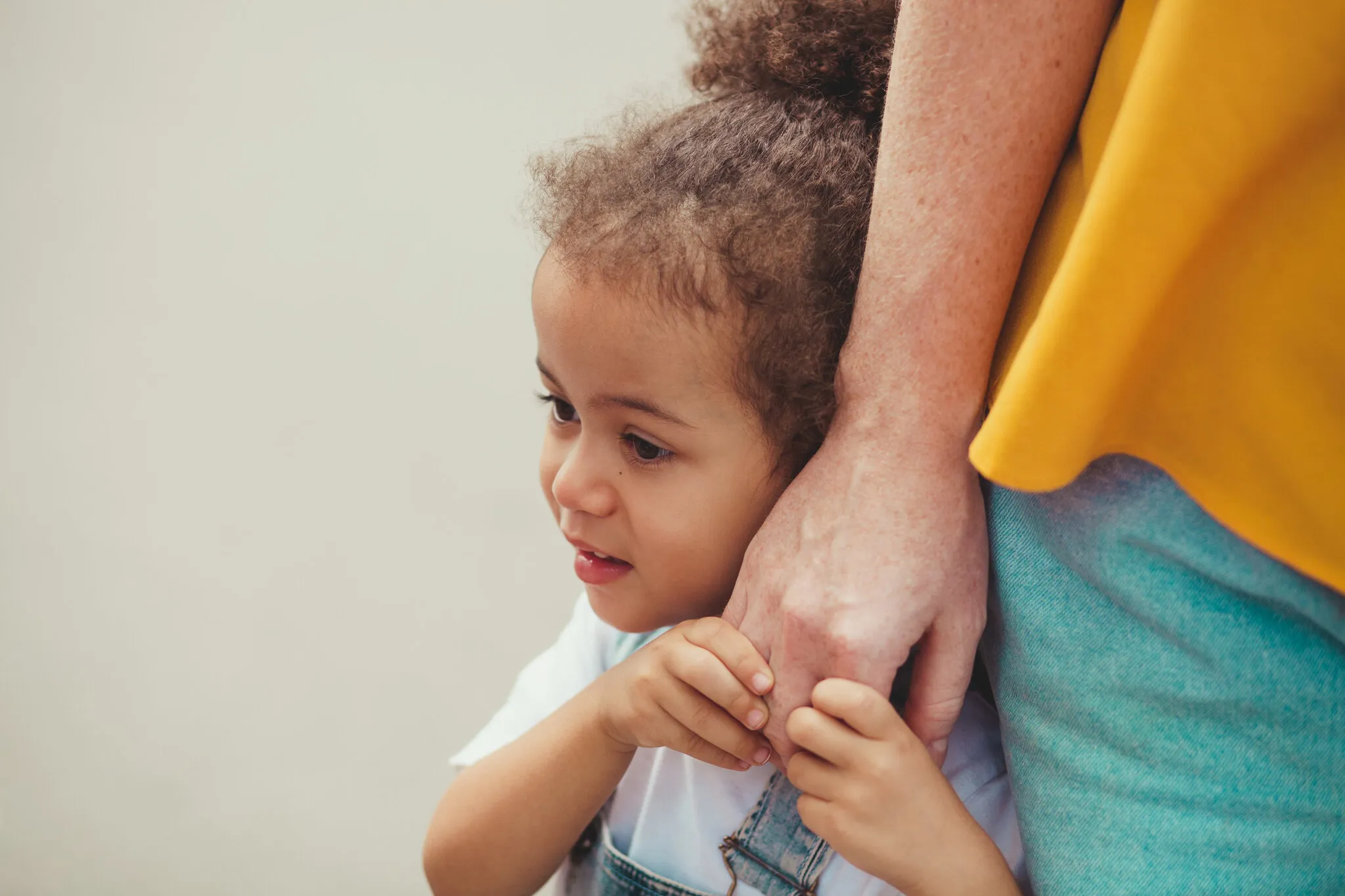
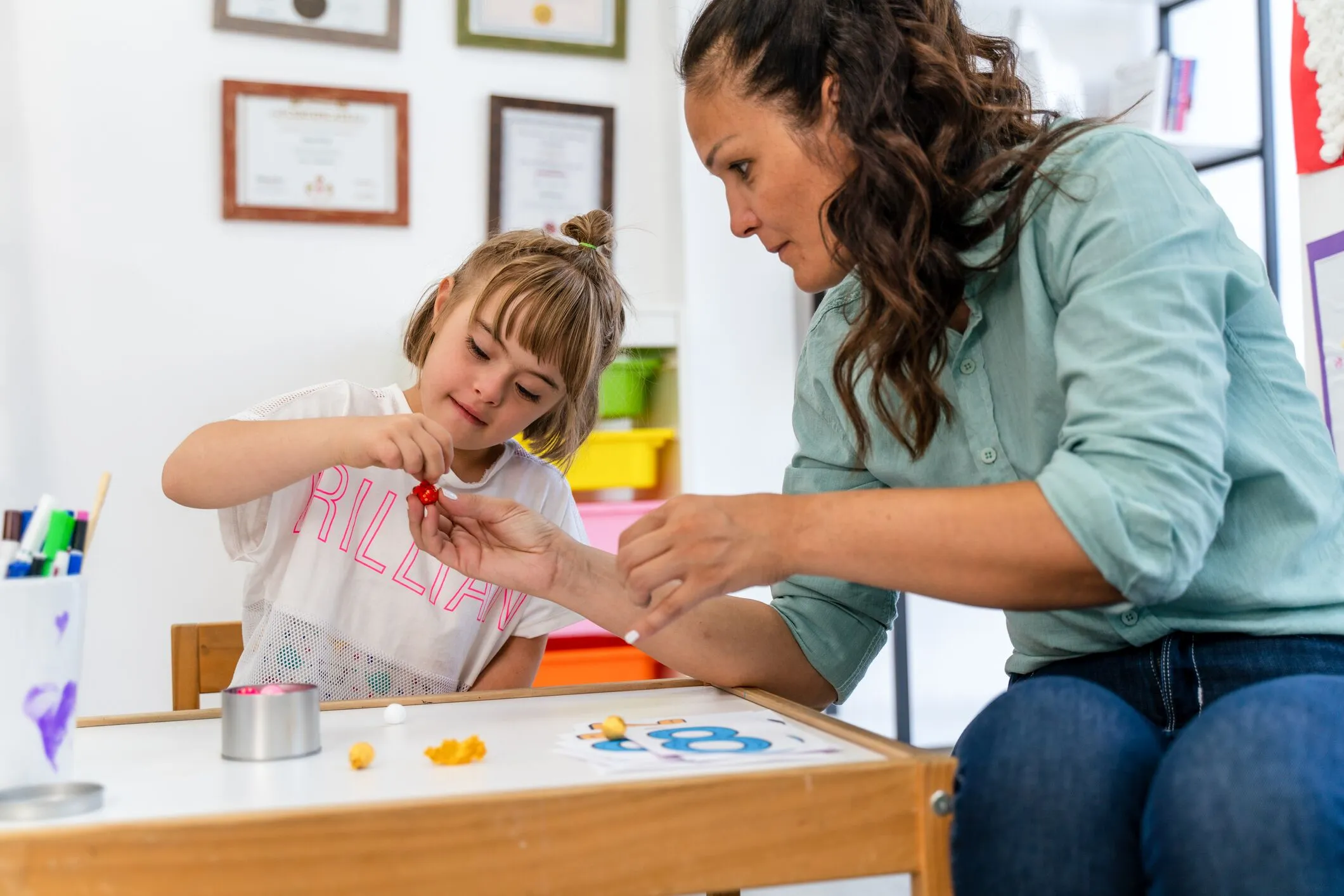
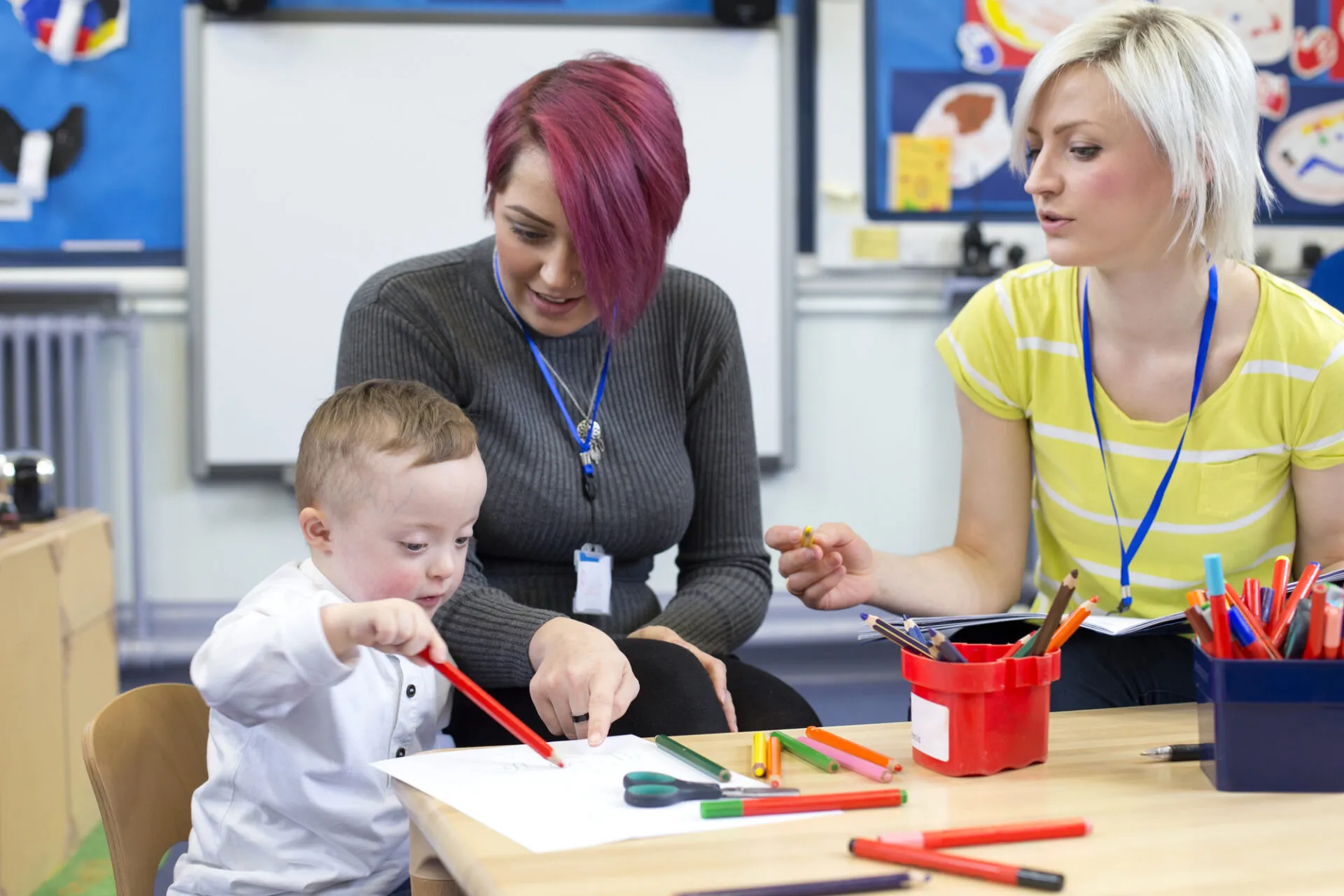

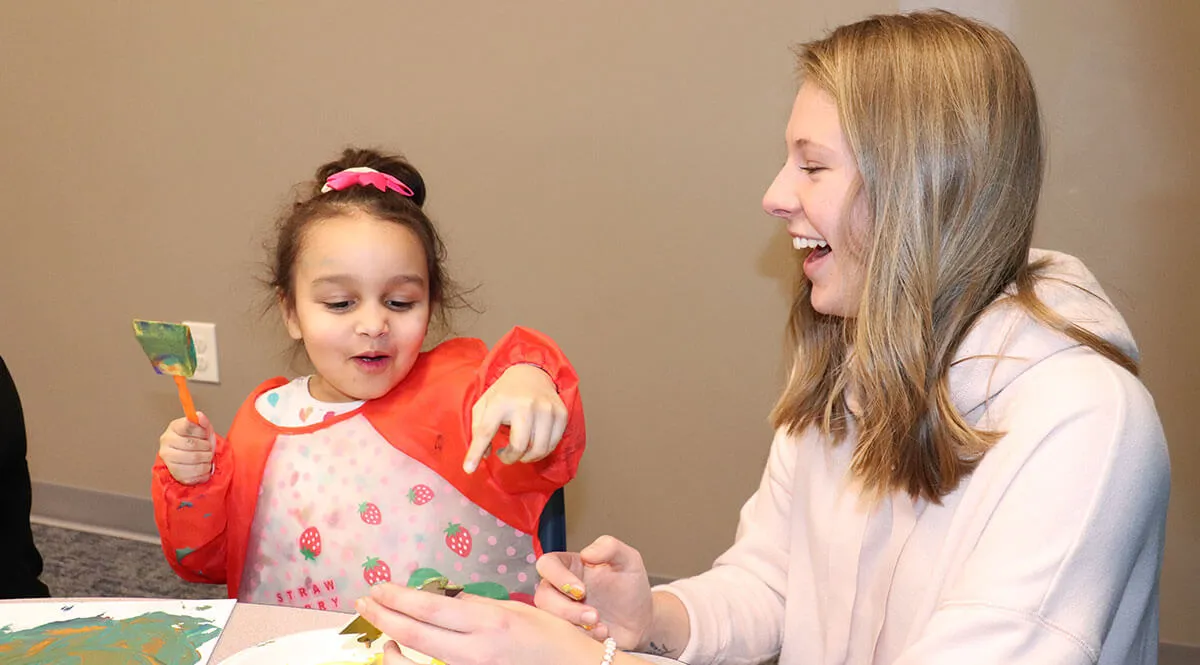

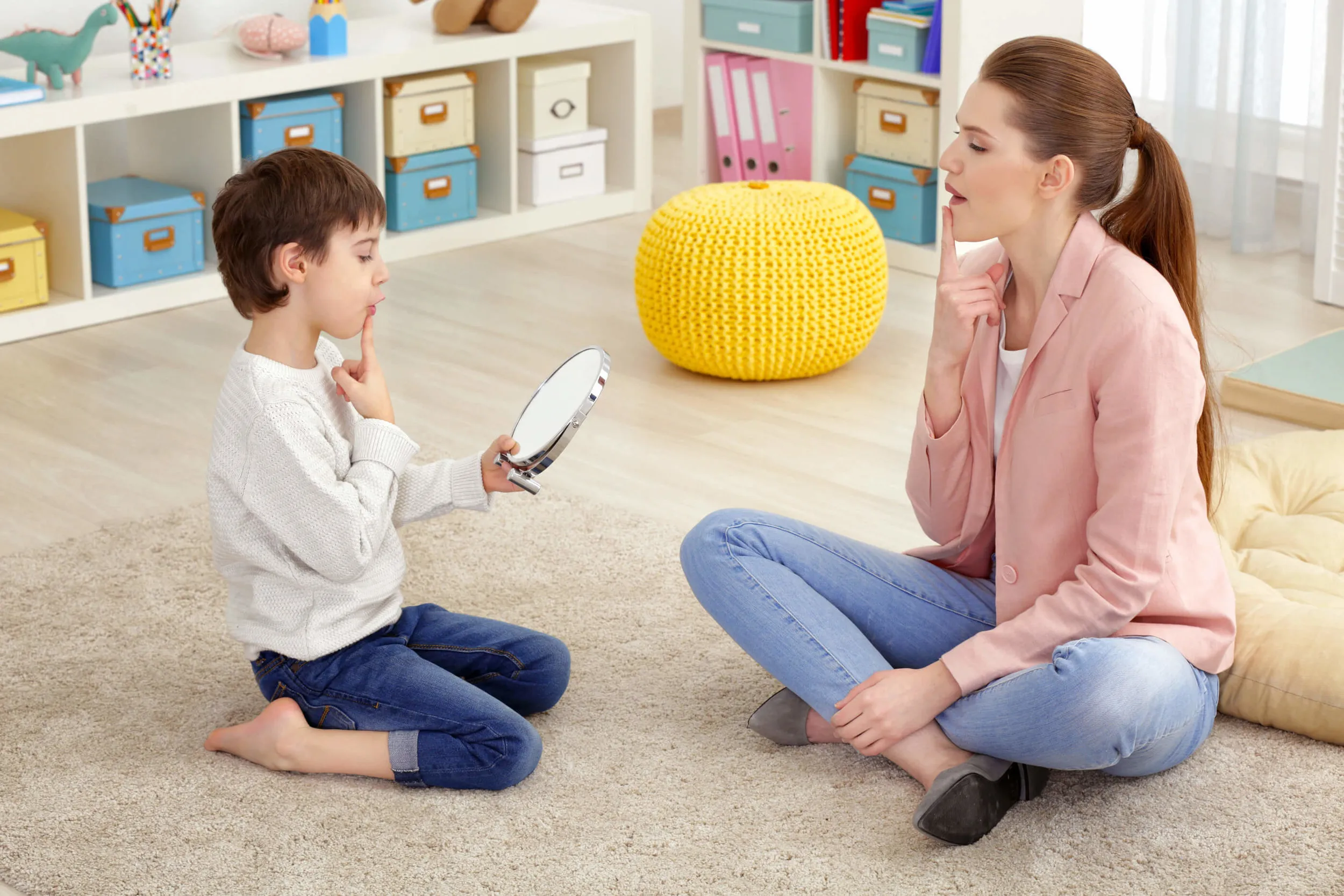
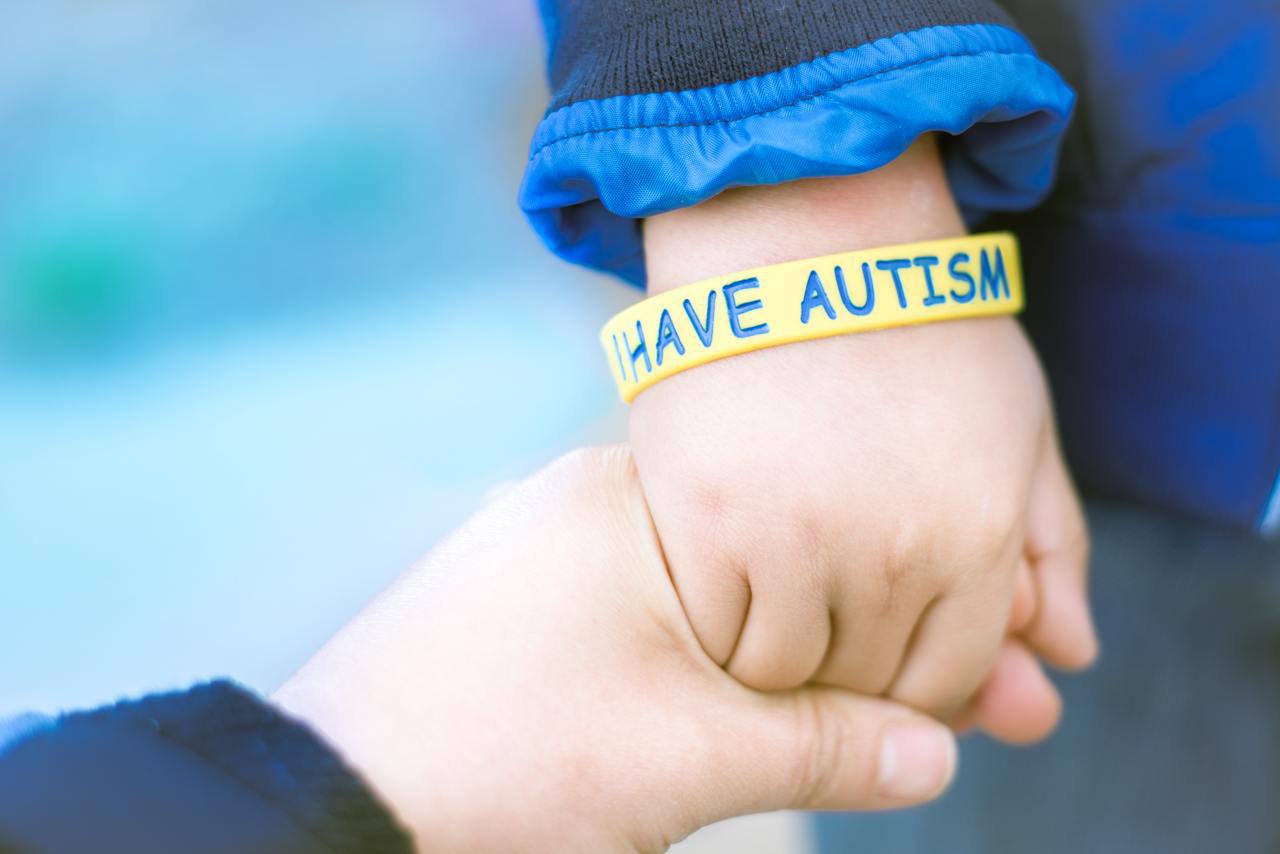
submit a comment